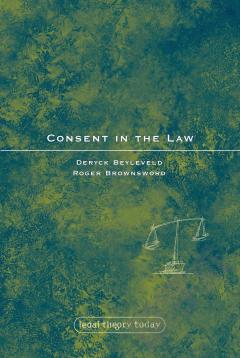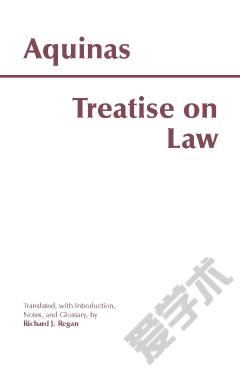Reasoning with Law
The reader is invited to follow a route that visits Fish's view of theory and practice,Raz's legal reasoning thesis, theoretical models of judicial review, Dworkin's right answer thesis, the law of the excluded middle and Lukasiewicz's development of three-valued logic, Wittgenstein's language games, and Moore's metaphysical realism. The destination is the practice at the heart of legal reasoning. It is suggested that this manifests the way in which the limitations of language and the incompleteness of human experience allow the opportunity for coherent development of the law and at the same time produce an inherent incoherence within the law. The central part of the book seeks to demonstrate how the problems of understanding legal reasoning replicate difficulties encountered in the philosophy of language, but challenges the attempts that have been made to harness approaches from within that discipline to illuminate legal reasoning. Instead it is argued that law provides an unrivalled test-bed for examining the limits of the capacity of our words, and that the study of law may be used to confront in a robust and illuminating manner the limitations of that discipline. The final chapter considers some of the implications of recognising the incoherence at the heart of legal reasoning, commenting on an institutional approach to law, the legitimacy of law, legal definitions, different approaches to legal reasoning, the role of appellate courts, the general possibility of providing a theoretical model of law, the use of legal rules, and the nature of law's critical aperture.The book should be of interest to advanced undergraduate students (particularly on jurisprudence courses), postgraduate students, academics, and practitioners concerned to reflect on the nature of the discipline they practice.
{{comment.content}}








 京公网安备 11010802027623号
京公网安备 11010802027623号